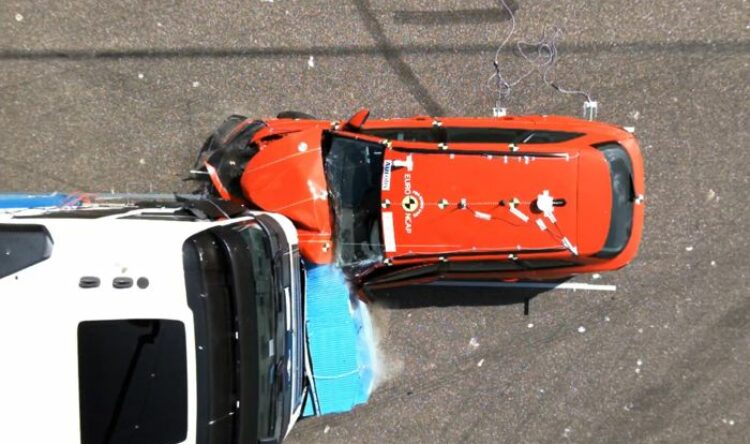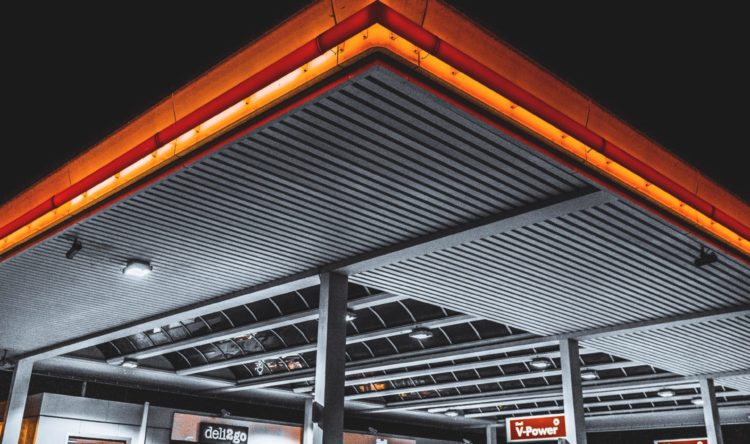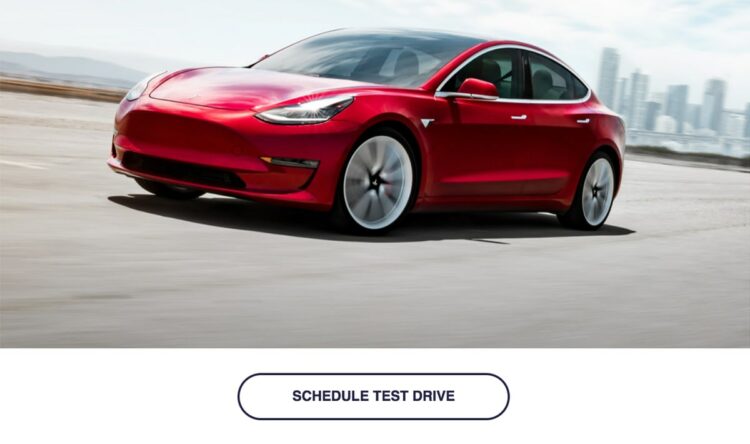Addison Lee plans self-driving taxis by 2021
Would you trust a taxi with no driver?
Taxi firm Addison Lee is betting its customers will be ready to, in London at least, in just three years’ time.
It has joined forces with self-driving software specialist Oxbotica, and says the tie-up means it will offer self-driving taxis in the capital by 2021.
The move will pit it against rival ride-hailing app Uber, which is also planning to roll out driverless cars on its network in the future, pending regulatory permission.
Addison Lee says it will now work with Oxbotica on digitally mapping public roads in and around the capital.
The detailed maps will record the position of kerbs, road signs and traffic lights in preparation for autonomous cars.
Addison boss Andy Boland said it hopes to offer shared minibus shuttles to passengers, to use to get to work, to study or to the airport.
He said the technology would help the firm “address congestion, free space used for parking and improve urban air quality”.
The industry has been forecast to be worth £28bn in the UK by 2035.
Mr Boland said he wanted Addison Lee to be at the “forefront” of the shift to self-driving cars.
The firm, which is owned by private equity giant Carlyle, reported a £20.8m annual loss in its most recent results to August last year.
It blamed investment on transforming “from a London private hire business to a global premium ground transport provider” for the disappointing performance.
Chancellor backing
Self-driving cars have been hailed as the future of the ride-hailing industry as well as a way to reduce traffic accidents.
Other companies including Ford, General Motors, Mercedes-Benz owner Daimler and car supplier Bosch are also investing in the development of self-driving vehicles.
However, there have been warnings that the technology is being deployed before it is ready.
Earlier this year, Uber temporarily suspended self-driving car tests in all cities in the US and Canada following a fatal accident.
Chancellor Philip Hammond said last year he wanted to have “fully driverless cars” without a safety attendant on board in use by 2021.
For more on this story and more news from the BBC visit the BBC News website






